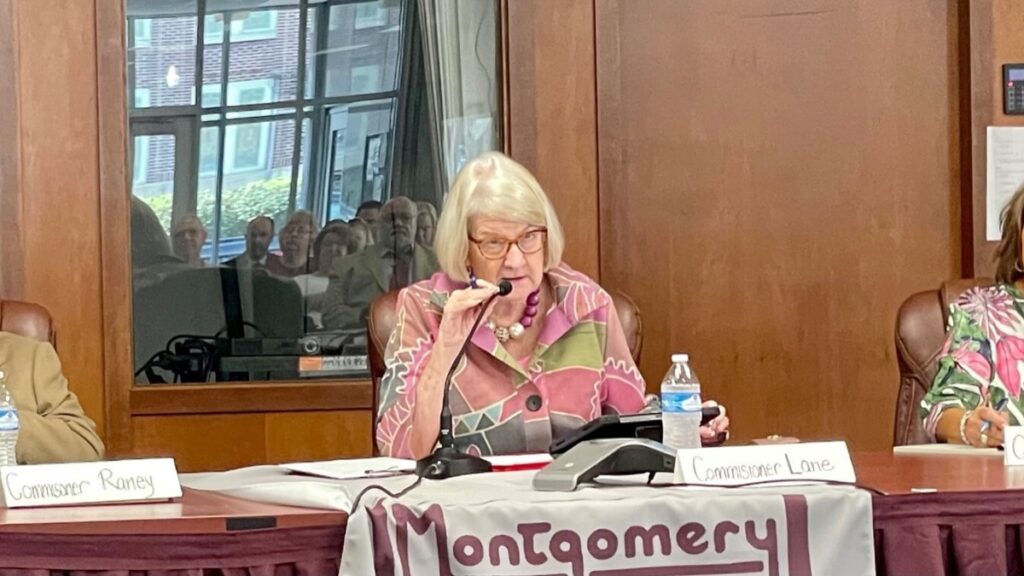West Virginia’s Public Service Commission has ordered 14 regulated state utilities and cable providers to explain how they notify their individual affected customers of service outages and what plans they have, if any, to add, expand, modify, or improve notification systems
The order also asks the utilities to describe any technical or physical barriers that exist to providing electronic notifications by email or text message; and describe procedures in place to notify mass communication media of outages.
PSC Consumer Advocate Robert Wiliams said different utilities have different capabilities to identify outages.
“When you have a massive storm that blows through, it takes them a while to identify what areas have been hit the worst and where they have outages, electric utilities can see things a little bit easier,” Williams said. “The commission is trying to get a feel for their methodology and get some clarifications on that. When you have a water outage, that’s something that sometimes may not be noticed until they’re doing the work.”
Williams said power companies notify their customers by texts or emails with contact information on file. But with gas and water utilities, a mass outage like the recent one on Charleston’s West Side, he said there’s not always underground technology to tell them when certain areas are out.
“When you have a gas system buried in the ground and the water systems are out, these lines are 100 years old,” Williams said. “They don’t have the telemetry in the ground to give them that kind of detailed information.”
Williams said as technology constantly improves, the PSC is working to get a gauge on better informing the public of a service outage.
“As you upgrade collector systems where you have more feedback information provided along the line, you can identify the individual customers that are out and the individual lines that are down a little bit better,” Williams said. “Right now, they have people that call in and their calling centers might get overwhelmed. With a mass outage like they had during the recent storms, it takes a while to notify, but you want to get the best information out as quickly as you can to the affected customers.”
West Virginia Rural Water Association, West Virginia Municipal League, and the West Virginia Internet and Television Association were provided copies of the order so they can inform their members of the general investigation.
Susan Economou is the deputy executive director of the West Virginia Municipal League. She said cities in the municipal league that are running utilities are already required to have notifications for boil water advisories and other issues with their utilities.
“We will forward the information of the investigation to our members,” Economou said. “So they can be involved in that and keep up with what’s going on, even though they’re not the named utilities in the order.”
Economou said utilities advancing communications technology for service outages can come with a price.
“There’s always that balance of, we could have a huge state of the art communication system and everyone’s rates would go up to pay for it,” Economou said. “There is that balance of trying to keep everything modern but also be conscious of what the ratepayers are going to have to do to absorb any of those extra costs.”
To see the PSC order and a listing of the West Virginia utilities involved, click here.






















